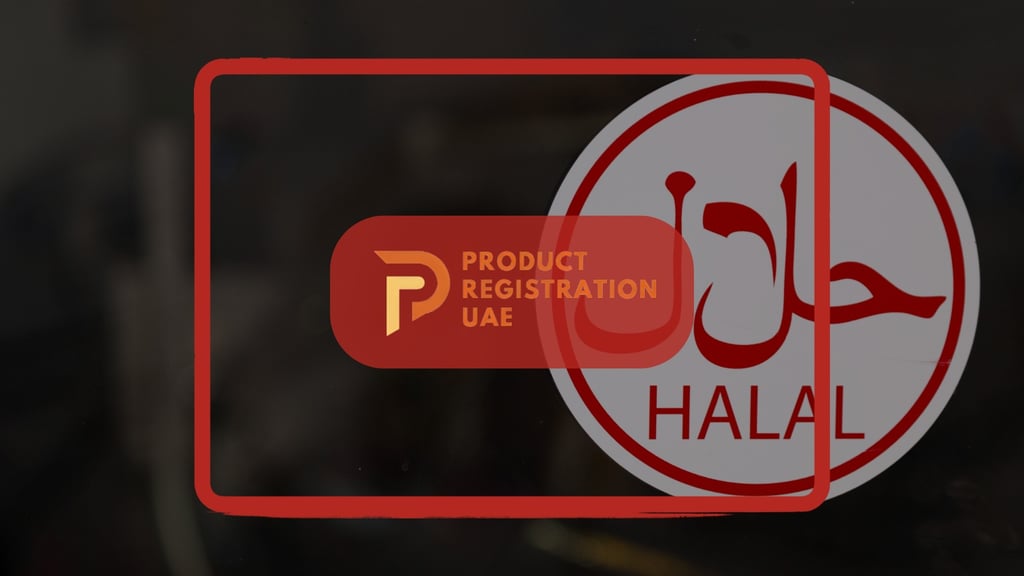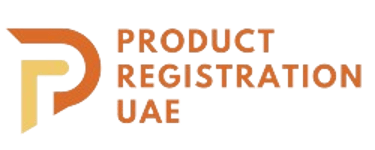How to Get Halal Certification?
Get your food & supplements Halal certified, Full guide covering documents, audits & approval steps for MOHAP & Dubai Municipality | Product Registration UAE


How Do I Get Halal Certification for Food and Supplements in The UAE? (2025 Guide)
If you're selling food or supplements in the UAE, Halal certification isn’t just about serving Muslim consumers — it’s often a legal and market requirement.
In this comprehensive guide, we’ll walk you through everything you need to know to secure Halal certification for your products in 2025.
What Is Halal Certification?
Halal certification confirms that your product complies with Islamic dietary laws, ensuring it contains no prohibited ingredients and is produced according to approved methods.
In the UAE, Halal certification applies to:
Packaged food & beverages
Nutritional supplements
Health supplements
Functional foods
Herbal products
Some cosmetics and personal care items (if applicable)
Who Regulates Halal Certification in the UAE?
Several authorities manage Halal certification:
Emirates Authority for Standardization and Metrology (ESMA) – now integrated into Emirates Standards and Metrology Council (EMC)
Dubai Municipality
MOHAP (for certain supplements)
GCC Standardization Organization (GSO) for regionally harmonized Halal standards
Halal certification bodies must be accredited and approved by these authorities to issue valid certificates recognized in the UAE.
Do All Supplements Require Halal Certification?
While not every supplement is legally required to hold Halal certification, most imported supplements will be reviewed for:
Presence of any animal-derived ingredients
Use of gelatin, enzymes, or emulsifiers
Manufacturing processes
Cross-contamination risks
Obtaining Halal certification adds credibility and smoothens the approval process at both MOHAP and Dubai Municipality.
How Does the Halal Certification Process Work?
1️⃣ Initial Product Assessment
Complete ingredient review
Verify raw material sources
Check manufacturing processes
2️⃣ Application Submission
Apply through an approved UAE-accredited Halal certification body
Submit ingredient lists, manufacturing details, and supplier documents
3️⃣ Facility Audit
Certification body conducts on-site inspections (especially for local manufacturers)
Overseas producers may submit audit reports from accredited partners
4️⃣ Lab Testing (If Required)
Certain ingredients may undergo lab analysis for alcohol, gelatin, or other non-Halal components
5️⃣ Certification Issuance
Upon successful review, Halal certificate is granted
Certificates typically valid for 1 year (renewable)
How Long Does UAE Halal Certification Take?
The full process typically takes 3–8 weeks depending on:
Completeness of submitted documents
Complexity of product composition
Availability of facility audit
Incomplete or inaccurate documentation is the number one cause of delays.
What Documents Are Required for Halal Certification?
Full product composition with INCI or ingredient names
Certificate of Free Sale (if applicable)
Manufacturing license & GMP certificate
Supplier ingredient certifications
Halal certificates for raw materials (if available)
Arabic translations of all official documents
Packaging & label samples
What Happens After Halal Certification?
Once your Halal certificate is issued, you can:
Submit your product for MOHAP or Dubai Municipality registration
Import and distribute legally in the UAE and GCC
Display the Halal mark on your product packaging
Halal certification often works in parallel with your product registration process.
Why Do Companies Get Rejected for Halal Certification?
Hidden non-Halal ingredients (gelatin, alcohol, animal derivatives)
Unapproved suppliers without proper certifications
Missing Arabic translations
Poor audit preparation
Incomplete ingredient traceability
How Product Registration UAE Helps You Get Halal Certified
We simplify the full Halal certification process:
Ingredient screening before submission
Correct document preparation and translation
Direct coordination with accredited Halal certifiers
Facility audit support (if applicable)
Smooth integration with MOHAP or Dubai Municipality registration
Continue Reading:
Understand the MOHAP Supplement Approval Process for full UAE compliance.
Avoid delays with the Top 10 UAE Product Registration Mistakes in 2025.
Learn how to Classify Supplements Correctly before applying for Halal certification.
Prepare your UAE product registration faster with our full 2025 document checklist.
Need help with Halal certification or full product registration?
Contact us or use the chatbot in the bottom-right corner for expert assistance.


